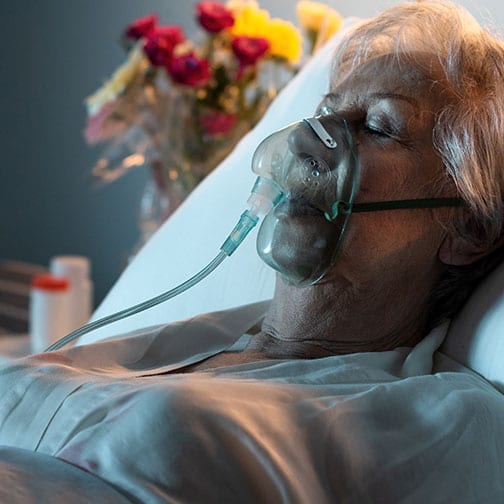More About the Telemedicine Program at Iowa Specialty Hospitals and Clinics
Iowa Specialty Hospitals and Clinics includes two Critical Access Hospitals. The system has nine clinics in the north central Iowa region, and because the system a bariatric center of excellence, they operate a few clinics in Des Moines and other urban areas.
The challenges at Iowa Specialty Hospital – Clarion included the retirement of several providers at the facility. In response the hospital hired a new inpatient hospitalist, the new hospitalist came with a desire to provide amazing patient care during the day but definitely wanted that work-life balance.
This physician was amazing, and the organization wanted to retain him. In addition, this was the only hospitalist. He couldn’t possibly serve all the patients 24 hours per day, seven days per week. Historically, local family practice providers provided inpatient care for their patients. Today, local physicians are not able to provide this level of service. That’s when the hospital started looking at telemedicine service providers.
With daytime care covered by the newly hired hospitalist, it made more sense for the hospital to seek out telemedicine night coverage. Initially, the system’s telemedicine was provided through a pilot project. The original telemedicine provider at Iowa Specialty Hospital – Clarion did not have experience providing TeleHospitalist services. The provider also lacked experience working with smaller hospitals –the telemedicine company was unfamiliar with the challenges at hospitals the size of this facility.
- Iowa Specialty Hospital – Clarion contracted with Eagle Telemedicine to resolve these issues. The goals were to:
- Ensure the patients nighttime care was consistent with the daytime care plan.
- Create a seamless hand-off between remote physicians and local staff.
- Eliminate working with a large pool of remote physicians.

